Gastroenterology
-
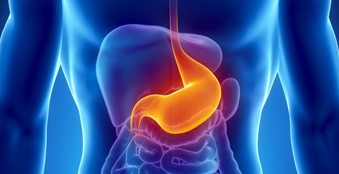
Fatty acids rewire energy supply chain in stomach cancer development
A study by Vanderbilt researchers has revealed how metabolic changes spurred by fatty acids contribute to the transformation of cells into abnormal versions of themselves that are the precursors to stomach cancer. Read MoreJan 31, 2024
-
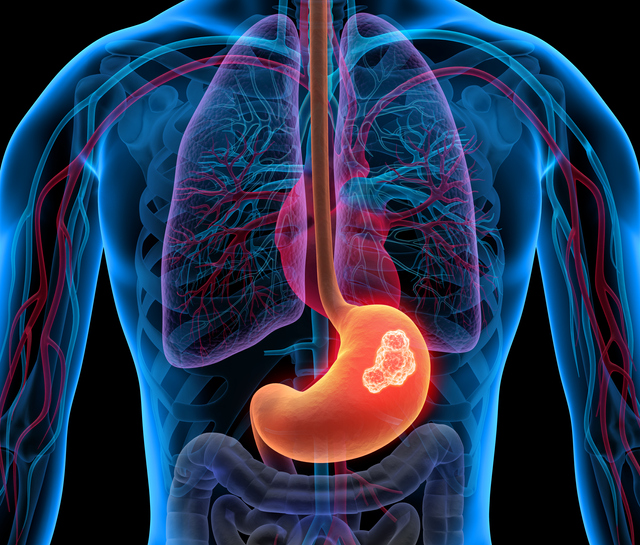
Study reveals new clue to gastric cancer
Researchers at Vanderbilt University Medical Center have uncovered evidence of fibroblast cells' direct involvement in the development of gastric cancer. Read MoreJul 7, 2023
-
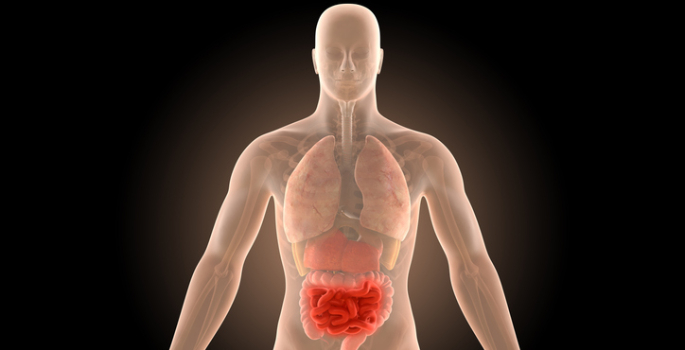
Potential biomarker for IBD severity, cancer risk identified
A selenium transport protein produced in the colon may be a novel biomarker for assessing disease severity and cancer risk in patients with inflammatory bowel disease. Read MoreFeb 4, 2021
-

New markers of colorectal cancer risk
Vanderbilt epidemiologists identified new markers for colorectal cancer risk and characterized a previously unidentified tumor suppressor that regulates overall tumor volume in vivo. Read MoreOct 29, 2020
-

Possible COVID-19 “decoy”
It might be possible to use vesicles carrying the receptor for SARS-CoV-2, the virus that causes COVID-19, to bind the virus and prevent infection. Read MoreOct 15, 2020
-
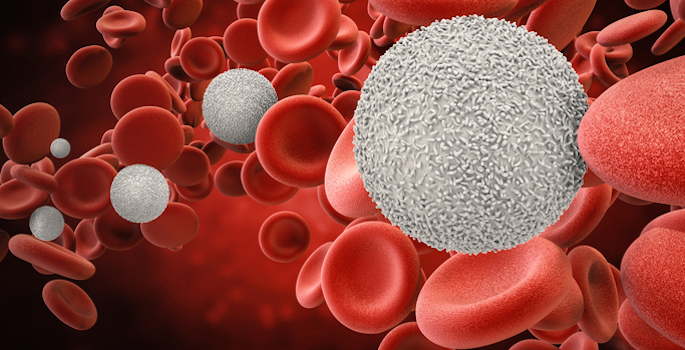
Factor involved in stomach injury response identified
Researchers at Vanderbilt University Medical Center have identified a key factor that coordinates the body’s repair response to severe injury in the stomach caused, most commonly, by infection by the bacterium Helicobacter pylori. Read MoreOct 15, 2020
-
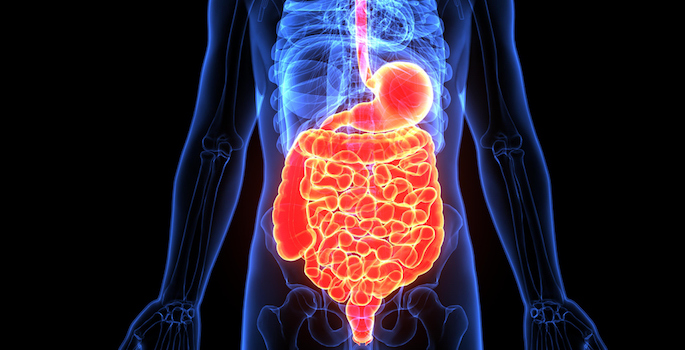
Researchers create molecular ‘atlas’ of GI tract neurons
Researchers at Vanderbilt University Medical Center have generated the first comprehensive molecular “atlas” of genes expressed by the neuronal cells within the intestine that coordinate the functions of the gastrointestinal (GI) tract. Read MoreOct 8, 2020
-

Appendix cancer survival in young patients varies by race: study
Appendiceal cancer — cancer of the appendix — is a rare malignancy that is usually found during surgery for acute appendicitis. Although the rate of appendectomies has been stable over the last two decades, the incidence of malignant appendiceal cancer increased 232% in the United States. Read MoreAug 6, 2020
-
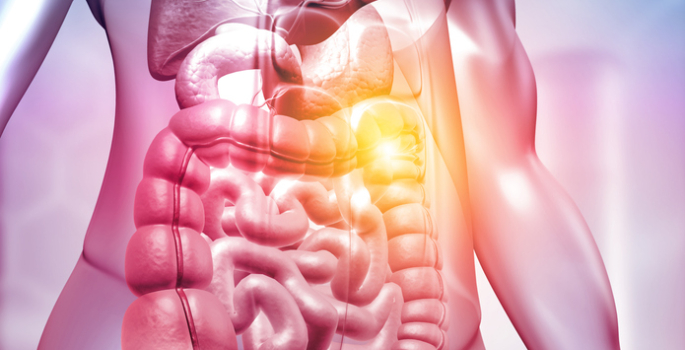
Study gauges specific site stomach cancer risks among ethnic groups
Non-white Americans, especially Asian Americans, are at disproportionately higher risk for gastric cancer compared to non-Hispanic white Americans. A new study breaks down this risk according to specific ethnicities and locations within the stomach. Read MoreAug 6, 2020
-

Dr. Will Bulsiewicz, BS’02: The gut guy
For Charleston, S.C., gastroenterologist Dr. Will Bulsiewicz, the human gut, literally, is the key to health. Read MoreFeb 26, 2018
-

Study suggests cancer’s ‘clock’ can be rewound
Researchers at Vanderbilt University Medical Center have “turned back the clock” in a mouse model of metaplasia — precancerous stomach lesions — raising hopes that gastric cancer, a worldwide scourge that’s rising in the United States, can be prevented. Read MoreMar 17, 2016
-
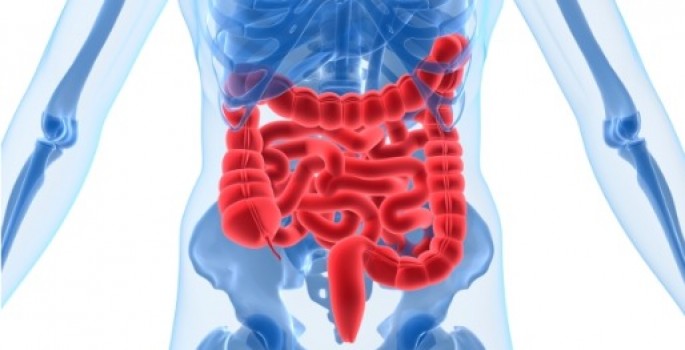
Study sheds light on human gut’s ‘pacemaker’ cells
The gut has its own built-in pacemakers, populations of specialized cells that control smooth muscle contraction in the stomach, small intestine and colon. Read MoreJul 30, 2015
-
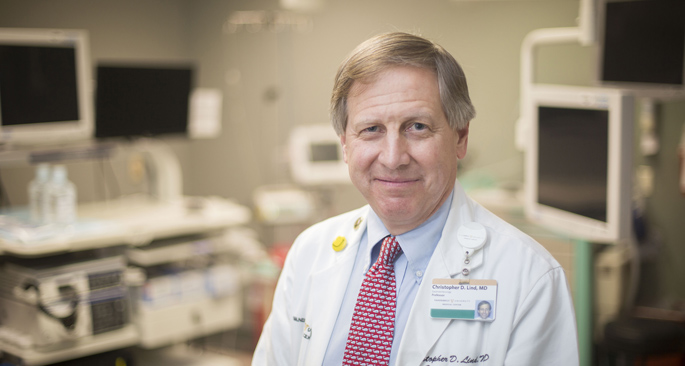
Improving patients’ quality of life drives Lind’s clinical care
As a gastroenterologist, Christopher Lind, M.D., says he is often the “butt” of jokes, but few people truly appreciate the role the gut plays in their happiness. Read MoreJul 9, 2015
-

Peek named editor-in-chief of leading gastroenterology journal
Richard Peek, M.D., director of the Vanderbilt Digestive Disease Research Center, has been appointed to a five-year term as editor-in-chief of the medical journal Gastroenterology beginning July 2016. Read MoreMay 7, 2015
-
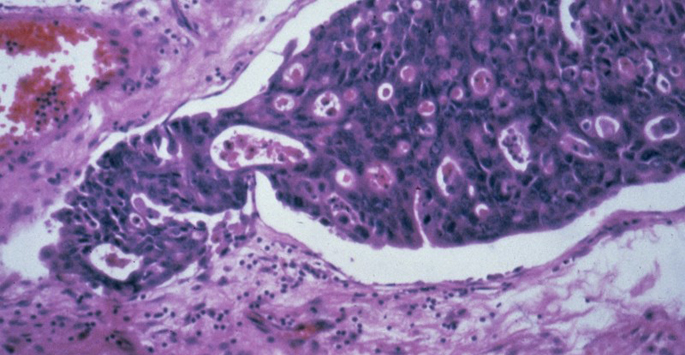
Therapeutic target for gastric cancer
A protein kinase linked to inflammation and tumor development may be a good target for gastric cancer therapies. Read MoreDec 12, 2013
-

Early stomach troubles augur anxiety
Children with stomach troubles grow up to be anxious adolescents and young adults, according to a recent study. Read MoreMay 2, 2012
-
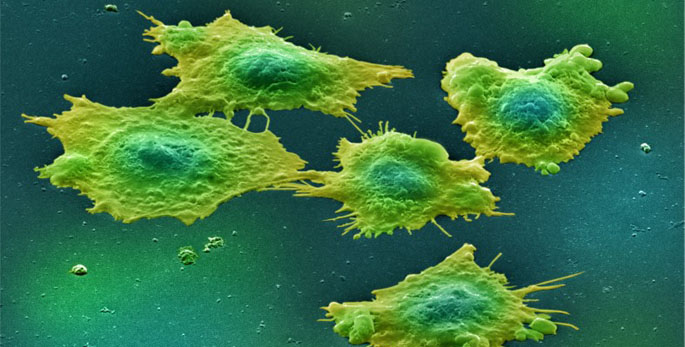
Colon cancer’s cellular crossroads
New information about signaling pathways involved in colorectal cancer could aid in assessing prognosis and identifying new therapeutic targets for the disease. Read MoreMar 16, 2012
-
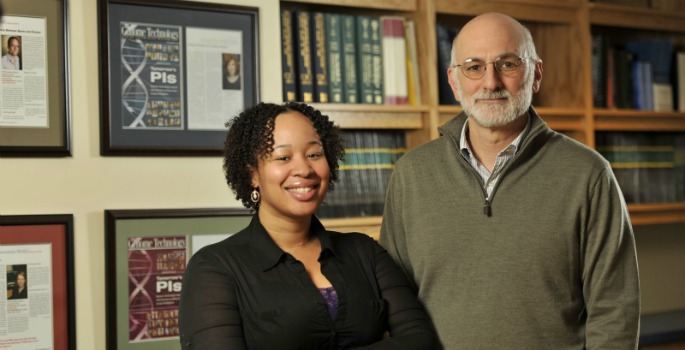
Colorectal cancer risk related to gene’s expression
Individuals who are outside the normal range of expression for the adenomatous polyposis coli (APC) gene have an increased risk of colorectal cancer, according to a study published in the January issue of Gastroenterology. Read MoreJan 27, 2012
-

Pathway to colon cancer progression
Molecular players involved in colon cancer progression could provide new biomarkers to indicate invasiveness and prognosis. Read MoreDec 1, 2011